South Sudan, Welcome into the EAC Fraternity!
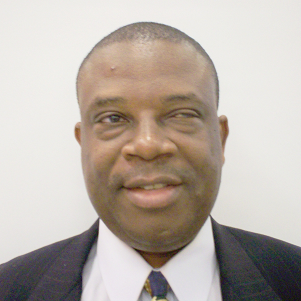
Last month, Heads of State of the East African Community (EAC) officially admitted the Republic of the South Sudan (ROSS) as the newest member of the regional body, bringing the number of member states to six. The decision by the 17th East African Community Heads of State Summit to admit South Sudan on March 2, 2016 in Arusha, Tanzania, was a historical milestone. It was, however, long overdue. Mainstreaming South Sudan into the EAC fraternity was the logical thing to do and leaders of the EAC member states should be saluted for this strategic decision that should have come yesterday.
With the admission of South Sudan, the population for the EAC partner states has now risen from 150 to 162 million. This is a boon to all proponents of the market-driven EAC integration. However, integration should be a people centered process as the protocol that established the EAC provides. It is now time for the political will in the six partner states to shift toward bringing ordinary people on board. History is on the side of integrationists and no amount of stonewalling should undermine the momentum.
The inclusion of the Republic of South Sudan into the EAC, with its 10 provinces or states, adds to the rich cultural diversity of the regional block. The newest country in the world is endowed with several hundreds of language groups, one of the most linguistically diverse countries in Africa. But to fit well into the block, it adopted English as the national and official language at independence in 2011. But even before the admission of South Sudan into the EAC, the people of the region were sharing their cultural ties developed over centuries of co-existence. The EAC should build on these historical and cultural bonds to ensure that people become the center of gravity in this market driven integration process.

While South Sudan membership to the EAC dragged because its independence was delayed, the factional fighting that broke out barely three years after celebrating its independence from the Arab-dominated Sudan in the North did not help matters. But better late than never. It is now incumbent on the six member country block to accelerate the development of the requisite infrastructure, services, and cleanse the bureaucracies in all the member states to actualize this regional milestone. Before admission of South Sudan into the EAC, cross-border trade with neighboring states especially Uganda and Kenya was thriving. This resulted in the transfer of millions of dollars that increased foreign exchange earnings by the two countries.
The expansion and diversification of the EAC market has placed the modernization of existing infrastructure to ensure quick and smooth movement of people, labor, and capital on the radar. To that end, the road network connecting member states to South Sudan should now receive priority attention and joint investment. Considerable progress in integrating communications under the one area network where call costs are now standardized is a step in the right direction. Expediting mobile commerce integration, data roaming, and bandwidth should move faster to ease communication. The 75 percent completion of the standard railway line segment between Mombasa to Nairobi is encouraging while the signing of commercial agreements for the Nairobi-Naivasha stretch and the construction of the Uganda portion of the railway scheduled to start this year provide some optimism.
https://www.youtube.com/watch?v=gU-OfZjqEwM
National Anthem of the Republic of South Sudan
Recognizing, as well, that admission of the Republic of South Sudan into the EAC is a welcome move, the need to develop strategies and mechanisms for survival in a competitive world, how to guarantee our prosperity by buying from each other, and how to ensure cyber security in the digital -driven global environment is imperative. Equally, in the wake of the plummeting price of oil on the world market, EAC partner states should appreciate that the economy of this youngest country in Africa is under strain and should be helped to wean itself of the overdependence on petro dollars for survival. As one of the major oil producers in Africa, like Equatorial Guinea, Gabon, and Sudan, though not a regional giant, its economy is in a precarious situation that requires urgent transformation. Its slumping economy, also battered by a 2-year civil war, should be viewed by EAC partners as an innocent infant vulnerable to rampaging vagaries of an unsympathetic global economy. But given the overriding and boundless economic potential and opportunities to optimize, a lot is at stake for the entire EAC block.
Ensuring security within the EAC region and beyond, therefore, has now become a responsibility and concern for all. The use of South Sudan territory as a base for negative forces such as the Lord’s Resistance Army and other militant groups to train, attack, and destabilize the region should be jointly addressed and firmly resisted. The factional fighting that broke out barely three years after independence in 2014 speaks volumes to the fragility of the security situation in this nascent republic. Although a peace accord to end the factional fighting was signed by incumbent president General Salva Kiir and his nemesis, former vice president Dr. Riek Machar, widespread suspicions still remains. The fragile peace that is holding in the capital Juba has nevertheless left an uneasy calm lingering in the countryside. With such volatilities, the exigency for joint enhancement of security arrangements within the region has even become more pronounced.
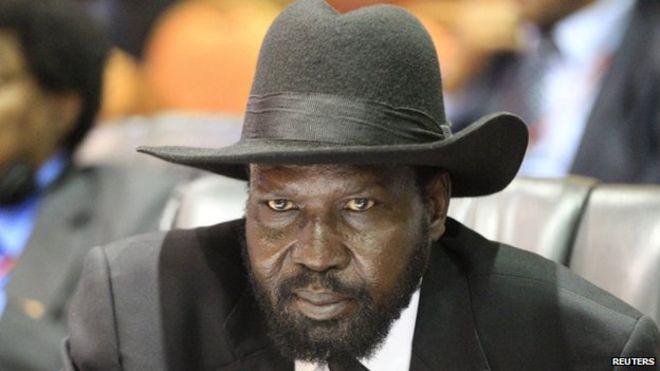
Over a fortnight ago, a 1300-strong advance security team for former vice President Riek Machar was airlifted into the capital Juba ahead of his arrival to re-assume his position. However, up until early last Monday, the former vice President Riek Machar was still no show.
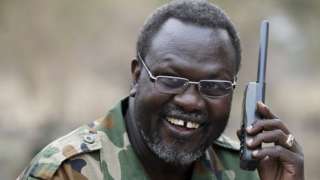
But, evidently, behind the scenes, all stakeholders were working doubly hard to resolve the remaining sticking issues to facilitate the return of Dr. Riek Machar to Juba as a pivotal step in the implementation of the ceasefire accord signed last August. By all accounts, EAC partner states and the international community heavily weighed-in and the belligerents buried their hatchets and work toward the restoration of peace in South Sudan. Indeed, immediately on his return to the capital Juba early on Monday, the rebel leader Riek Machar was promptly sworn-in as vice-president in a new unity government led by President Salva Kiir. His return and the swearing-in was a huge boost to the implementation of the peace deal aimed at ending more than two years of conflict.
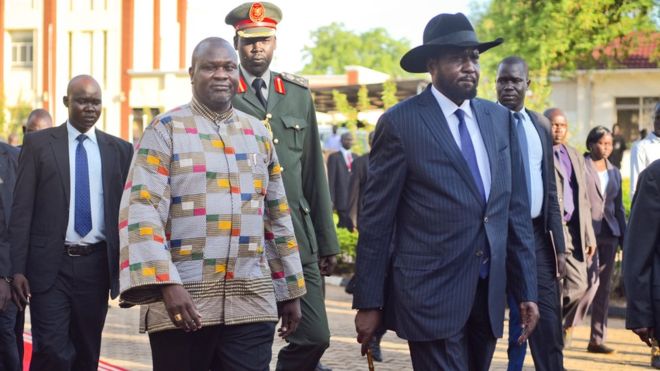
The factional fighting, which broke out in December 2013 after President Kiir fired Machar from the position of vice-president earlier in July, left tens of thousands killed and about two million people homeless. However, at the swearing-in ceremony in Juba, a sense of optimism was revived when both men sounded committed to the peace accord, the return of people to their homes to engage in productive economic activities, and to the reconciliation process.

President Salva Kiir and his new deputy described each other as brothers and reiterated the need for peace and reconciliation to rebuild their devastated country. However, some other rebel groups did not signed the August 2015 peace deal. Besides, the rival factions continue to clash despite the ceasefire. These challenges may further derail the peace, healing, and reconstruction process.
But as the implementation of the peace accord and the integration of South Sudan in the EAC regional block move forward, to our brothers and sisters in South Sudan, we hope the practice of attacking ‘fellow’ citizens of the EAC member states will cease immediately. These men and women come to South Sudan not to take away your jobs, businesses, women or men, land or cattle but to join hands with you as brothers and sisters to build your country, fend for their families as you do to yours. Extend to them the hospitality they humanly deserve as they did to you while you lived in their countries during those decades you spent in exile. The late Mwalimu Julius Nyerere once stated that the ‘essence of African socialism is the extended family. In a typical African society, everyone is a brother, neighbor.” May you treat your neighbors as your brothers and sisters!
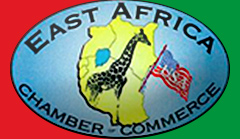
In the Diaspora, and particularly closer home in Dallas, the East Africa Chamber of Commerce (EACC) membership must be thrilled by the overdue admission of the Republic of South Sudan to the EAC. This formal admission should consolidate a sense of belonging and enhance the recruitment of southern Sudanese living in the Diaspora into the chamber. This formal integration will expand the scope of networks for the EACC members to grow their businesses, share skills, and open up other opportunities designed at developing the newest country on the African continent. You should not let the sky limit you!
Looking forward, initiatives to include the Democratic Republic of Congo, Somalia, Eritrea, and Ethiopia in the EAC should be taken to ensure joint participation in the cultural, economic, social, and political transformation of the region.



